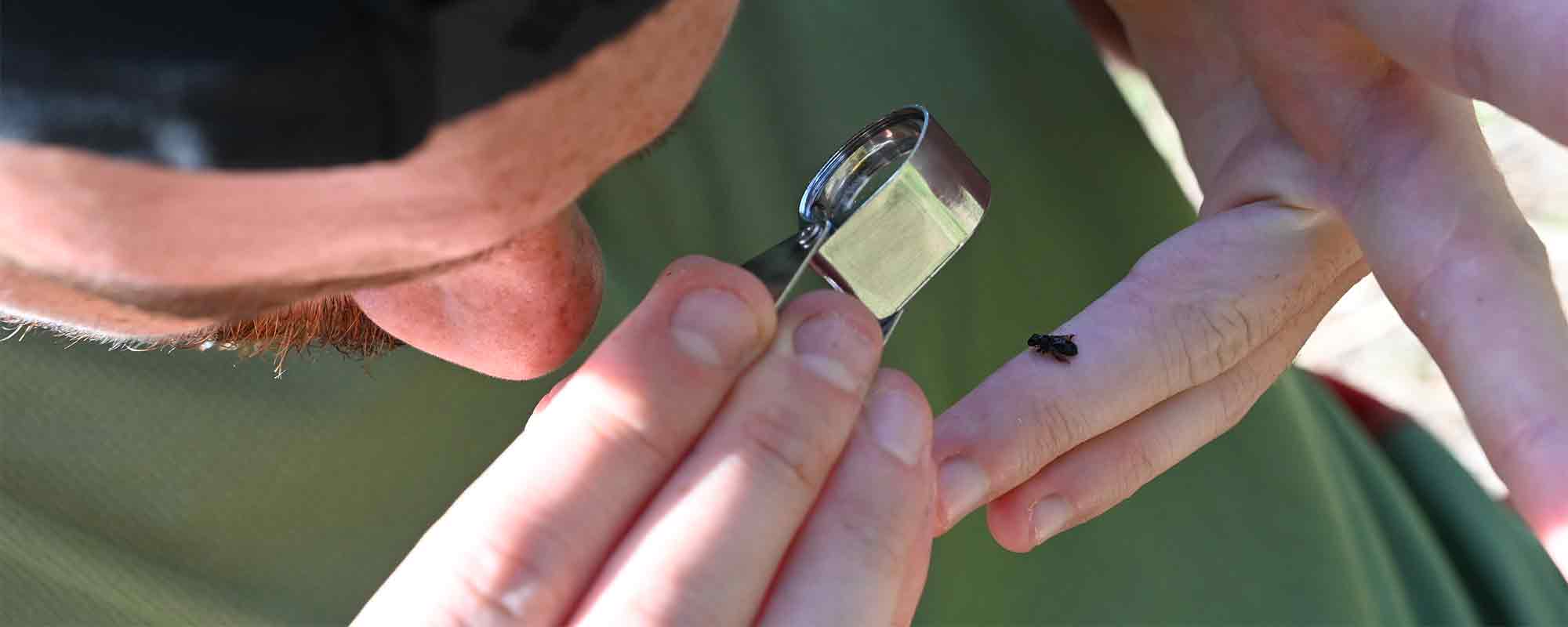Calling all nature enthusiasts. Are you alarmed by the rapid decline of critters which pollinate our plants? Do you want to have a positive impact on the world around you? Then consider signing up to become a citizen scientist in the Malta Pollinator Monitoring Scheme (MPOMS) today!
Pollinators are animals which help plants make fruit and seeds by distributing pollen from one flower to another or from different parts within the same flower. Pollinators are crucial for ensuring food security as well as economic stability. Unfortunately, due to habitat destruction, pollution, and climate change, the number of pollinators has dwindled at an alarming rate. We have yet to understand the full extent of the decrease in pollinators.
Monitoring pollinator would provide a clear picture of the current number of pollinators in our environment. By conducting monitoring studies, we can better understand how pollinators are being affected by climate change, pollution, and changes in their habitat. Moreover, such studies would help us identify which pollinator species are most at risk. Results from monitoring studies would facilitate realistic policy and conservation efforts to restore pollinator populations. One effective way of conducting pollinator studies is by involving citizens, not only to raise awareness regarding the importance of pollinators and their role in our ecosystems, but also to increase the number of skilled personnel who can contribute to environmental conservation efforts.
The Environment and Resources Authority (ERA), University of Malta (UM), Malta College of Arts, Science and Technology (MCAST), and the SPRING project have joined forces to address the decline of pollinators on the Maltese islands through the Malta Pollinator Monitoring Scheme (MPOMS). The scheme strives to monitor the numbers of bees, butterflies, and hoverflies with the help of citizen scientists to better understand the state of these crucial animals in our environment.
By joining MPOMS, you will be able to have a hands-on role in conserving our environment. No prior knowledge or experience is necessary to take part in the scheme! Everyone is welcome, regardless of age, education level, or profession. After applying, you will receive training from local and foreign experts in the field. Moreover, participants will have the opportunity to improve MPOMS by providing feedback.
As a citizen scientist, you will contribute to the development of national pollinator records and gain knowledge about local pollinators. You will have the choice of taking part in the initiative by conducting field surveys, joining the MPOMPs-ID club to help identify and categorise pollinators collected during field surveys, or both. Moreover, contributing to MPOMS, will bring you closer to like-minded individuals while working with experts to enhance your skill set and diversify your CV.
So, what are you waiting for? Sign up to become a citizen scientist today through the MPOMS sign up form and make a difference for pollinators and the future of our environment.








Comments are closed for this article!